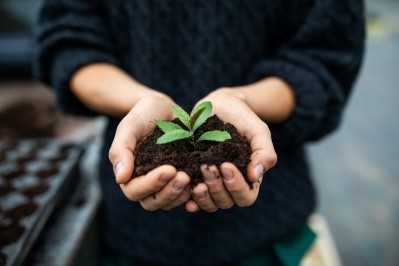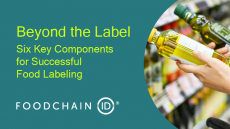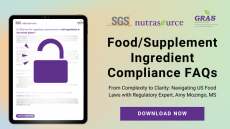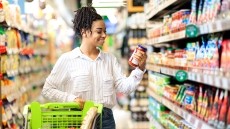Is the organic label still important to consumers?
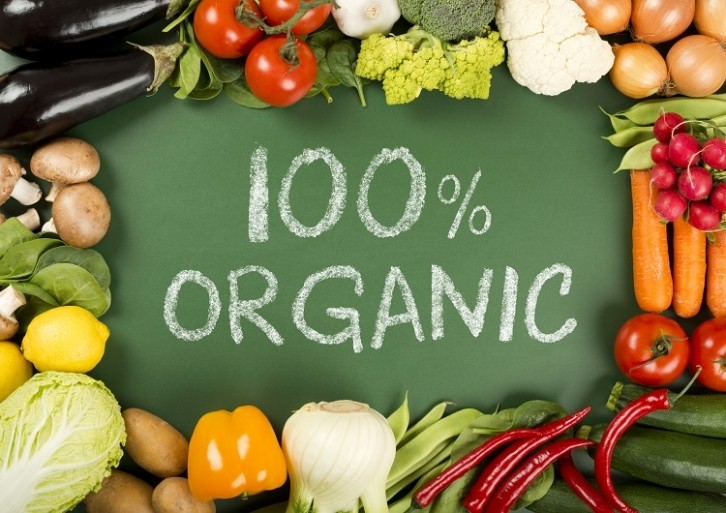
Since its meteoric rise to popularity in the 1990s, the word ‘organic’ has been viewed by consumers as a symbol of sustainability and quality. And while that may come at a price, consumers have proven time and again, that they are willing to pay it. Why? Organic products, which are free from synthetic pesticides, fertilisers, genetically modified organisms (GMOs), and artificial additives, have become synonymous with healthy and ethical consumption.
But are consumers still prioritising the ‘organic’ tag, and if not, why not?
Do consumers still care about the term organic?
This is a tricky question to answer, as opinions will vary from person to person, and from country to country. However, one very clear indicator of consumer attitudes towards organic products is sales, and they are booming!
According to market insight firm, Statista, organic retail sales hit a record 45.1 billion euros in the European Union (EU) and 53.1 billion across all European countries, in 2022. This is good news for the EU, as it shows moves towards more environmentally friendly food systems are working and consumers are here for them.
“In the EU organic stands at the very heart of the Green New Deal and Farm to Fork strategy, with a stated target that 25% of EU’s agricultural land be organic by 2030,” Charles Redfern, founder of organic food brand, Realfoods Organico, told FoodNavigator.
Furthermore, this figure is expected to grow, with market insight firm, Mintel, finding that Millennials (aged 25-34) and Gen Z (aged 16-24) are the most likely to purchase organic food and drink.
Are consumers still willing to pay more for organic?
Again, the answer to whether consumers are willing to pay more for organic foods, appears to be yes. Although, as with all things, the situation is complex and there are variations. And in the case or buying organic, those variations appear to be generational.
“Younger consumers are more likely to pay higher prices for organic food and drink,” says a spokesperson for Mintel.

However, environmentalists are cautioning brands to avoid the assumption that eco-conscious consumers, including those who buy organic, are all young consumers. In fact, figures from climate tracking firm, Reewild, show that older shoppers spend, on average, more on sustainable goods than their younger counterparts. This is likely a result of a higher expendable income.
Moreover, Reewild has found that organic is withstanding the pressures, placed on consumers, as a result of the cost-of-living crisis. Though these positive findings do also come with the consumer demand for value for money and, if prices are too high, then sacrifices will be made.
"The affordable sustainability dilemma has been present for years, yet in 2023, it gained relevance as the cost-of-living crisis limited sustainability adoption. Consumers are highly concerned about climate change and are willing to protect the planet. They want to embrace sustainable lifestyles, yet premium prices are still limiting wider adoption," said a spokesperson for Euromonitor International.
Should food and beverage manufacturers be prioritising organic?
It’s no secret that getting a product certified as organic is tough. It takes careful production procedures, and these must be approved by the EU. Furthermore, implementation is costly for any organisation, large or small.
“To certify a product as ‘organic’ in the EU, at least 95% of its ingredients must be organic,” Ofir Ardon, chief business officer for crop supply intelligence firm, Agritask, told FoodNavigator. “This means they’re produced without GMOs, have limited use of artificial fertilisers, pesticides or hormones, and meet a series of stringent conditions for production, processing, transportation and storage.”

And what’s more, proving a product is organic can be an overwhelming prospect for any food or beverage manufacturer.
“The data collection process can be daunting. Food and beverage companies must manage various versions of questionnaires tailored to specific crops, regions, and certification requirements,” explains Ardon. “Aggregating this data from numerous small-scale farms scattered across various regions is hard enough, but the issue is compounded by a lack of data structure and standardisation. Technology is easing data collection challenges, but many farmers still use manual processes today.”
So, should manufacturers continue to strive for organic? The short-termists among us might say no, as there are costs to be saved in swerving the organic option. But if you’re in this for the long haul then you’d be well advised to stay organic or begin switching your operations over to organic. Why? Because consumers still want it. In fact, in many cases, they expect it. And if your product isn’t organic then you may well be left on the shelf – literally and figuratively.
Fortunately for consumers, it appears that food and beverage manufacturers are embracing organic production methods in increasing numbers.
“Despite the challenges, food and beverage companies understand the market wants sustainability certifications. They provide assurance to consumers about the integrity and authenticity of the products they purchase, and they will help brands future-proof their businesses as the regulatory landscape becomes stricter,” says Ardon.
And it’s not just about profitability and the continued success of businesses and brands. There are many food and beverage suppliers and manufacturers who truly believe in producing high quality products, which help to protect the planet.
“There is a hardcore community of organic believers and pioneers,” says Realfoods Organico’s Redfern. “And there are farmers who convert for a mix of commercial practicality and buy-in of the ecological benefits.”



